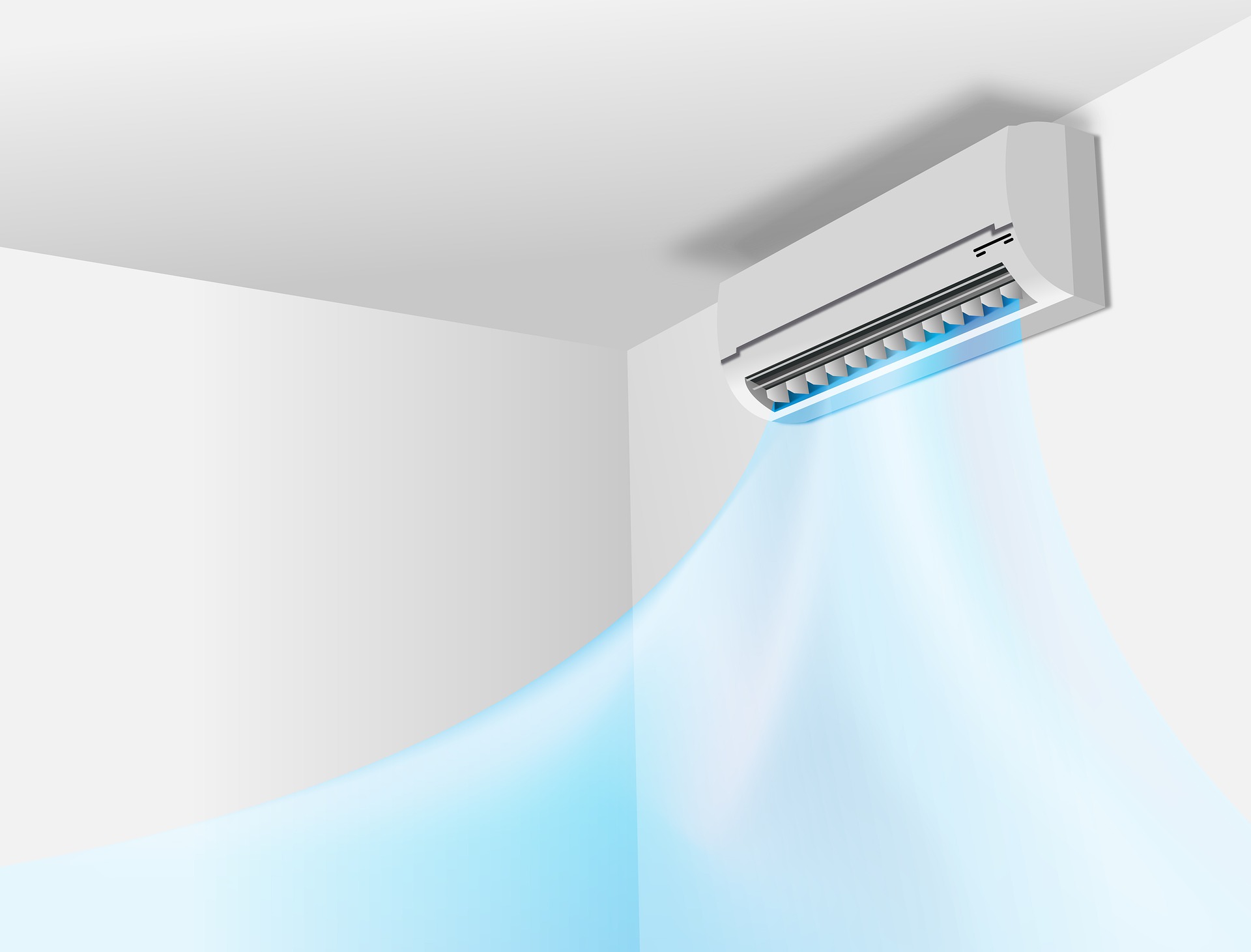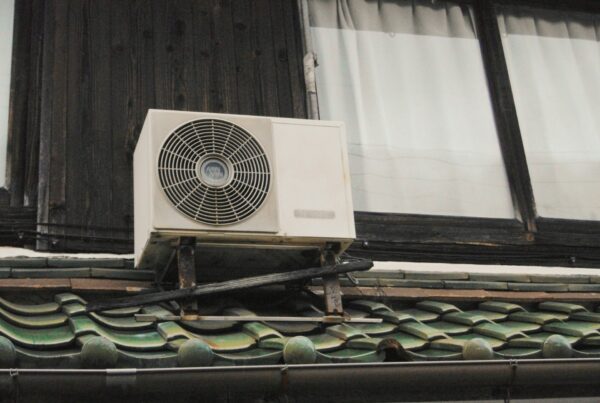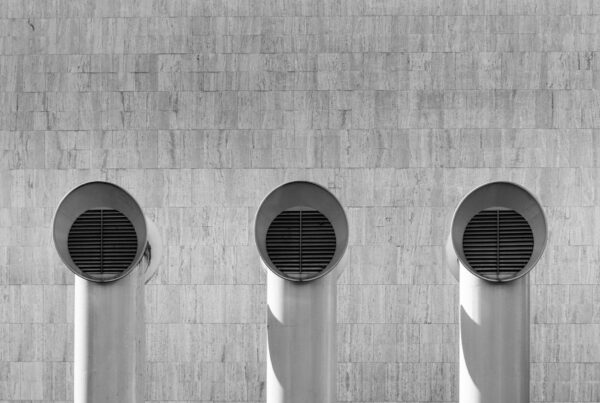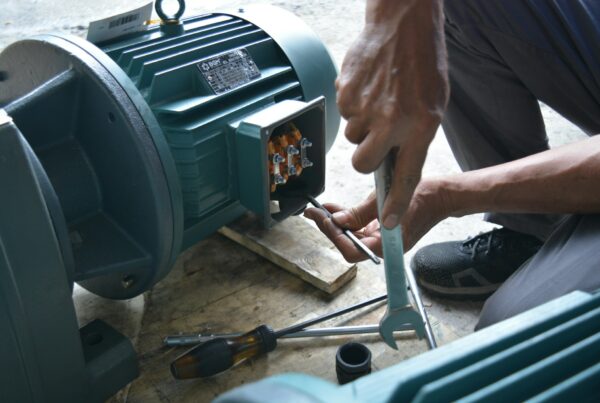Last Updated on February 28, 2024
In the throes of summer heat, a well-functioning air conditioning (AC) system isn’t just a luxury; it’s a necessity for comfort in homes and workplaces alike. Yet, like any complex machinery, AC units require regular care to operate efficiently. The cornerstone of such care is regular maintenance, a proactive approach that can prevent unexpected breakdowns and the hefty repair bills that often accompany them.

The Importance of Regular AC Maintenance
- Preventative Measure
Regular maintenance serves as a crucial preventative measure, catching minor issues before they escalate into significant problems. Technicians can spot wear and tear during these checks, addressing them promptly to avoid more severe damage.
- Efficiency
An efficiently running AC unit isn’t just good for the environment; it’s also beneficial for your wallet. Routine maintenance ensures that every component of the AC system is in optimal condition, reducing energy consumption and, consequently, lowering utility bills.
Common AC Maintenance Tasks
Understanding the tasks involved in AC maintenance can highlight the importance of each step in ensuring the system’s health and efficiency.
1. Cleaning or Replacing Air Filters
One of the simplest yet most effective maintenance tasks is managing the air filters. Clean filters ensure better air quality and prevent the system from overworking, thus maintaining efficiency.
2. Inspecting and Cleaning Coils
The AC’s coils play a vital role in the cooling process, and when they’re dirty, their efficiency plummets. Regular cleaning prevents this, ensuring the system operates smoothly.
3. Checking the Refrigerant Levels
Proper refrigerant levels are essential for effective cooling. Maintenance checks include verifying these levels and inspecting for leaks, which can significantly impact performance if left unaddressed.
4. Inspecting the Thermostat
The thermostat controls the entire AC system, and even minor issues can lead to significant inefficiencies. Regular checks ensure it accurately controls the AC, maintaining your desired comfort level without overuse.
5. Cleaning the Condensate Drain Line
A clogged condensate drain line can lead to water damage and mold growth. Maintenance includes clearing this line and ensuring moisture is appropriately removed from the system.
The Consequences of Neglecting AC Maintenance
Neglecting regular maintenance can lead to several negative outcomes, including:
- Reduced Lifespan of the Unit: Minor issues can evolve into major system failures, necessitating premature replacement.
- Higher Repair Costs: Emergency repairs often come with a higher price tag than the cost of routine maintenance.
- Decreased Efficiency: A poorly maintained AC works harder to cool your home, leading to higher energy bills.
When to Schedule AC Maintenance
Ideally, AC maintenance should be scheduled seasonally, with the best time being in spring, just before the high-demand summer months. The frequency of maintenance checks should ideally be once or twice a year, depending on the system’s age and usage patterns.
DIY Maintenance vs. Professional Services
While homeowners can perform simple tasks like cleaning or replacing air filters, more complex maintenance should be left to professionals. They have the tools, knowledge, and expertise to perform thorough checks and repairs, ensuring your system operates at peak efficiency.
Regular AC maintenance is not just about preventing breakdowns; it’s about ensuring your system runs as efficiently as possible, extending its lifespan, and saving money on energy bills. A proactive approach to AC care can save you from the inconvenience and cost of emergency repairs.
Don’t wait for your AC system to fail when you need it most. Schedule your next maintenance check-up with a high-quality AC repair close to me today. Regular maintenance is the key to peace of mind, comfort, and savings in the long run.





